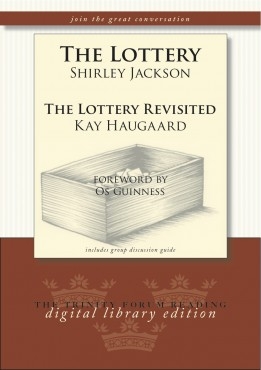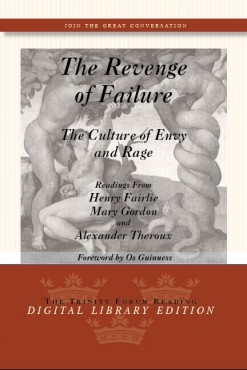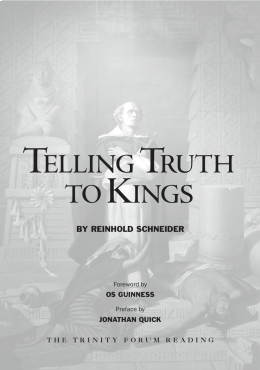What is the meaning of money? What is success? How should we pursue happiness? How much is enough?
Leo Tolstoy (1828–1910), the Russian writer and social reformer, famous for writing the novels War and Peace and Anna Karenina. Born to a noble, landed family, his early years were marked by a dissolute life and a violent reaction to the horrors of the Crimean War. In 1862 he married and settled down, producing thirteen children and a burst of literary successes. But after writing Anna Karenina he experienced a profound spiritual crisis and renounced his literary ambitions, believing them to be incompatible with his deepest convictions. His numerous later works were on religious and moral subjects.
How Much Land Does a Man Need?, written in 1886, and translated from the Russian by Louise and Aylmer Maude, is from this later period.
It is an enduring story that reveals the sometimes insidious and sometimes overt destructiveness of greed and challenges us to question our own self-awareness.



